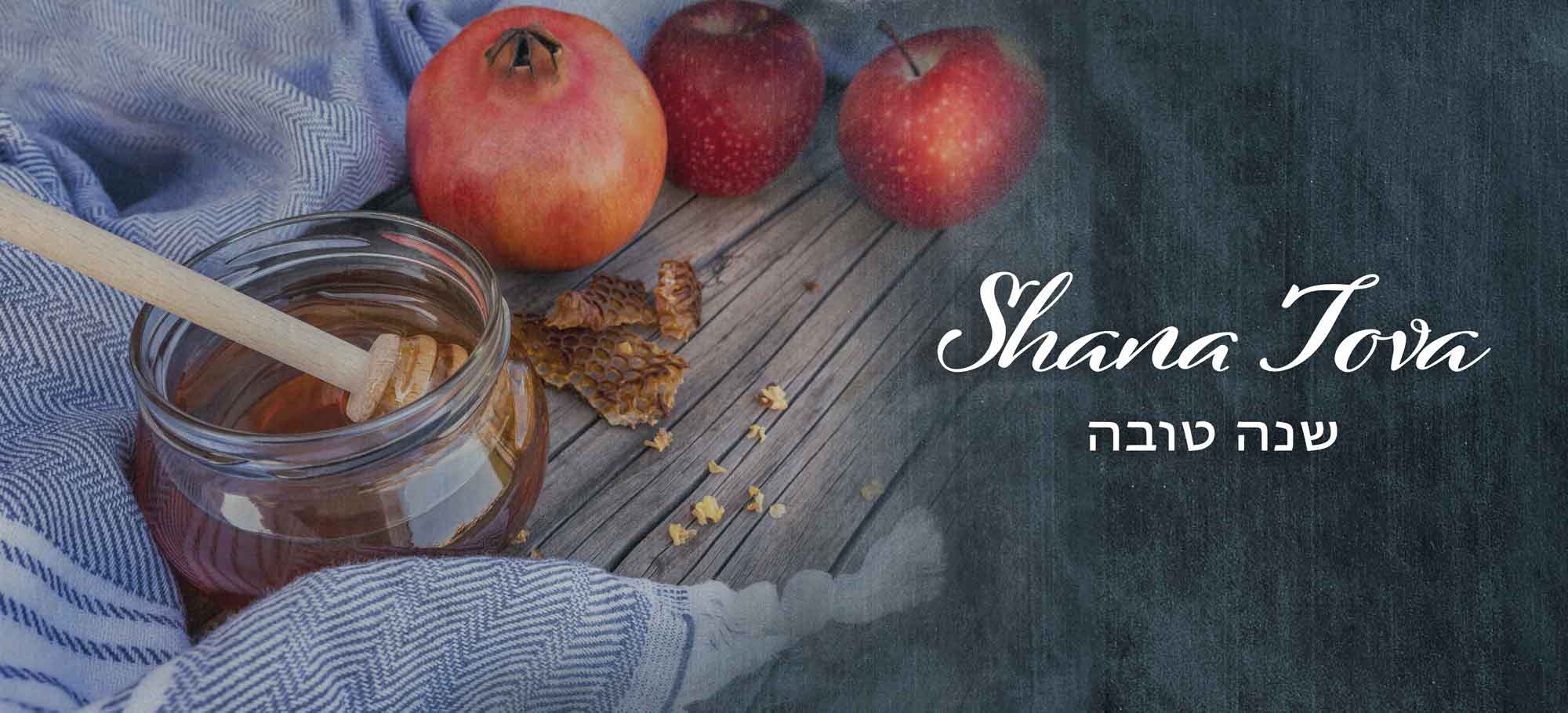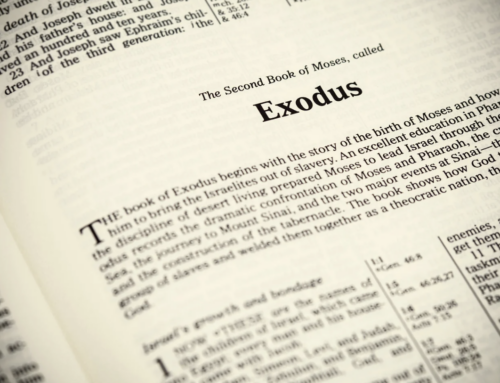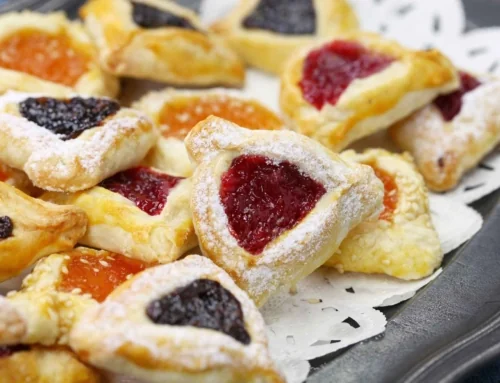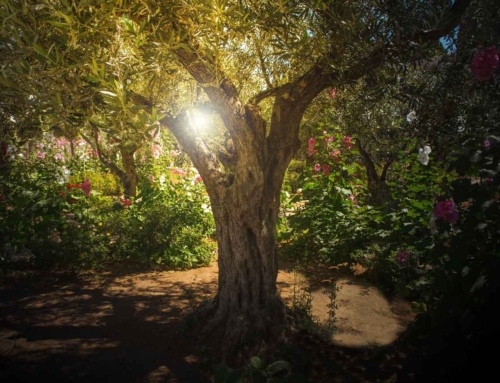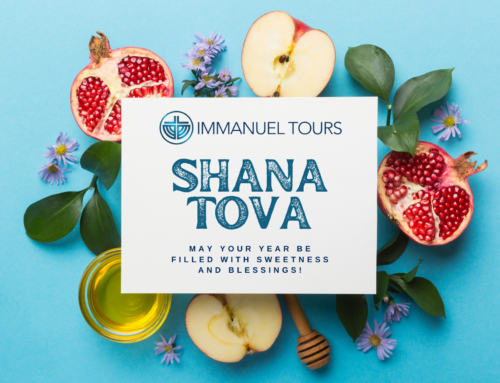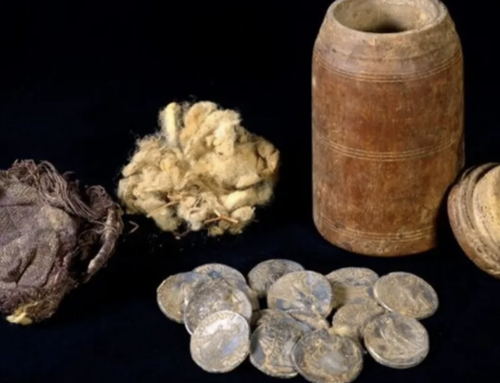It’s Rosh Hashanah! This marks a new year on the Jewish calendar. Most people are ready to see the start of a new year, as this has certainly been a difficult year, but we look into the next year with anticipation and trust the Lord for better days to come! So if you wish we could fast forward to the new year in January, why not celebrate the Jewish new year and turn a page early!
As you may have heard, Rosh Hashanah will be celebrated differently this year, as the Israeli government has decided to lockdown the country again for the next three weeks in response to rapidly growing Covid-19 cases. This means many families will not be able to be together as they normally are, or go to worship and pray the same way. We ask for your continued prayers as we hope this will help to quash this horrible plague and help us to be able to reopen the country sooner. In the meantime, pray for all the elderly and people who will have to celebrate and observe alone this year.
For More information on the effects of COVID-19 on Israel right now, visit https://www.immanuel-tours.com/covid-19-travel-to-israel/
Here are some other facts about Rosh Hashanah:
A traditional greeting for Rosh Hashanah is L’Shanah Tov. This means “For a Good year).
The commemoration of the new year and celebration of God’s creation of the Earth probably was established around 6th century BC, however, the term Rosh Hashanah begins to be seen around 200 AD.
This year, Rosh Hashanah will be celebrated form sundown on September 18- Sundown on September 20. This is the month of Tishrei on the Hebrew calendar, which is a lunar-based calendar. The year on the Hebrew calendar is 5781. This is the start of what is known as the “High Holy Days” which include Rosh Hashanah, Yom Kippur, Sukkot, and Simhat Torah.
The shofar, a horn made from the horn of a ram is blown for Rosh Hashanah. Four specific blasts are to be made. The blowing of the shofar is so significant, that the day is also known as Yom Teruah, or “the day of the sounding of the shofar”.
The Food Rosh Hashanah.
Symbolic food is a big part of Rosh Hashanah. Here are foods and what they mean:
- Apples Dipped in Honey– Apples are to represent the Garden of Eden as well as dipping the apples into the honey signifies the hope for a sweet year.
- Pomegranates– The pomegranate is a meaningful fruit for the Jewish faith, and it is just coming into season right now. It is called “new fruit” for the holiday, and you eat it to remind you to be thankful for making it to a new year to taste the abundance of the earth.
- Challah– Challah is a normal Shabbat food, but on Rosh Hashanah it is often either dipped in honey, or a honey variation of the braided bread is made.
- Honey Cakes– Honey cake is a frequently passed down recipe in families and special treat for Rosh Hashanah, representing hopefulness. If there is a delicatessen or Jewish bakery near you, they will almost certainly have one you can buy this week!
- Fish– Rosh Hashanah translates to “Head of Year”, so whole fish are often on the menu. It also represents fertility and abundance.
- Couscous with Seven Vegetables– The multitude of couscous beads is the hope for blessings in the next year and the seven vegetables represent God making the world in seven days.
- Leeks, Chard or Spinach– This is to symbolize hoping that the ill wishes of others will be cut off.
- Dates– Ancient honey was actually made from dates!
We hope you take some time to celebrate the new year in some small way. We are praying for a better new year for us all and we look forward to celebrating with you “Next Year, in Jerusalem”! We leave you with this prayer, often said on Rosh Hashanah:
Baruch atah Adonai, Eloheinu melech ha-olam, borei p’ri ha-eitz. (We praise You, Eternal God, Sovereign of the Universe, Creator of the fruit of the tree.)
Y’hi ratzon milfanecha, Adonai Eloheinu v’Elohei avoteinu v’imoteinu, shetchadesh aleinu shanah tovah um’tukah. (May it be Your will, Eternal our God, that this be a good and sweet year for us!)

